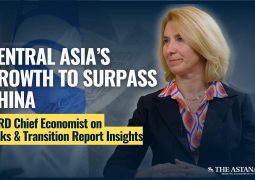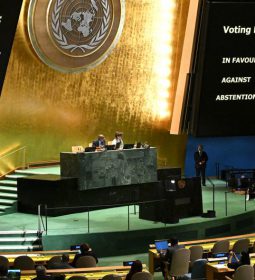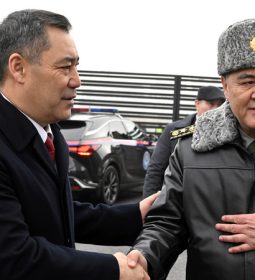From Singapore to Sweden, China’s overbearing campaign for influence is forcing countries to resist and recalibrate relations with Beijing
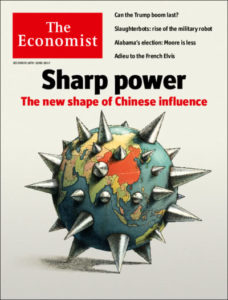
- From diplomatic hysterics to displays of Chinese patriotism on foreign soil, China’s influence campaign has turned public opinion and forced governments to defend their values and readjust relations
China is not guilty of Russia’s excesses, but Beijing’s information and influence campaign has affected countries from Singapore to Sweden, causing many to take countermeasures.
Its capabilities are built into the government’s vast propaganda apparatus, including the People’s Liberation Army, intelligence departments, and the foreign education and culture ministries.
Resistance to China’s overreach, it is hoped, will lead to a recalculation in Beijing, resulting in a more moderate approach to foreign policy
The influence mission is integral to the Communist Party, most notably in the United Front Work Department, which is responsible for engaging intellectuals, including overseas and ethnic Chinese.
Public servants paying allegiance to a foreign country is not the manifestation of a healthy bilateral relationship but, literally, a red flag that China’s influence campaign has overreached and is damaging.
In Sweden, the Chinese embassy’s sustained, antagonistic public messaging campaign has turned public opinion firmly against China, and prompted the government to re-evaluate the relationship.
Last year, three Chinese tourists claimed they were abused by Swedish police following a dispute over their hostel reservation.
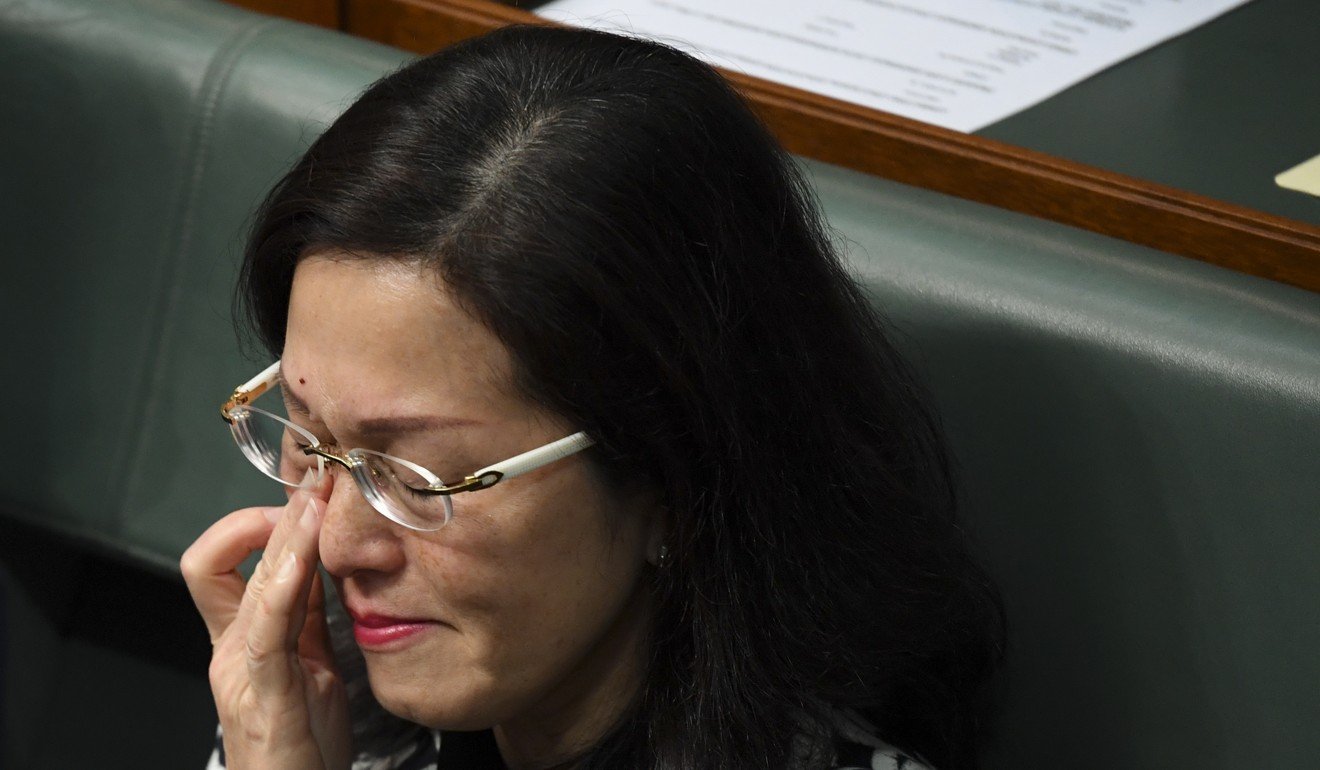
Gui conducted media interviews and released almost 60 statements criticising Sweden’s commitment to human rights and accusing it of tyranny, arrogance, racism and xenophobia.
In a memorandum to parliament last month, the government said: “The rise of China is one of the greatest global changes since the fall of the Berlin Wall.”
The government’s first step is to establish a China-knowledge centre to enhance government coordination and information exchange, initiating a national conversation about China, and how Sweden can better protect its interests and manage China’s rise.
Concern about foreign interference is not confined to Europe and North America.
It has therefore invested heavily in mechanisms and means to prevent any foreign country from influencing its population and destabilising Singapore’s polity.
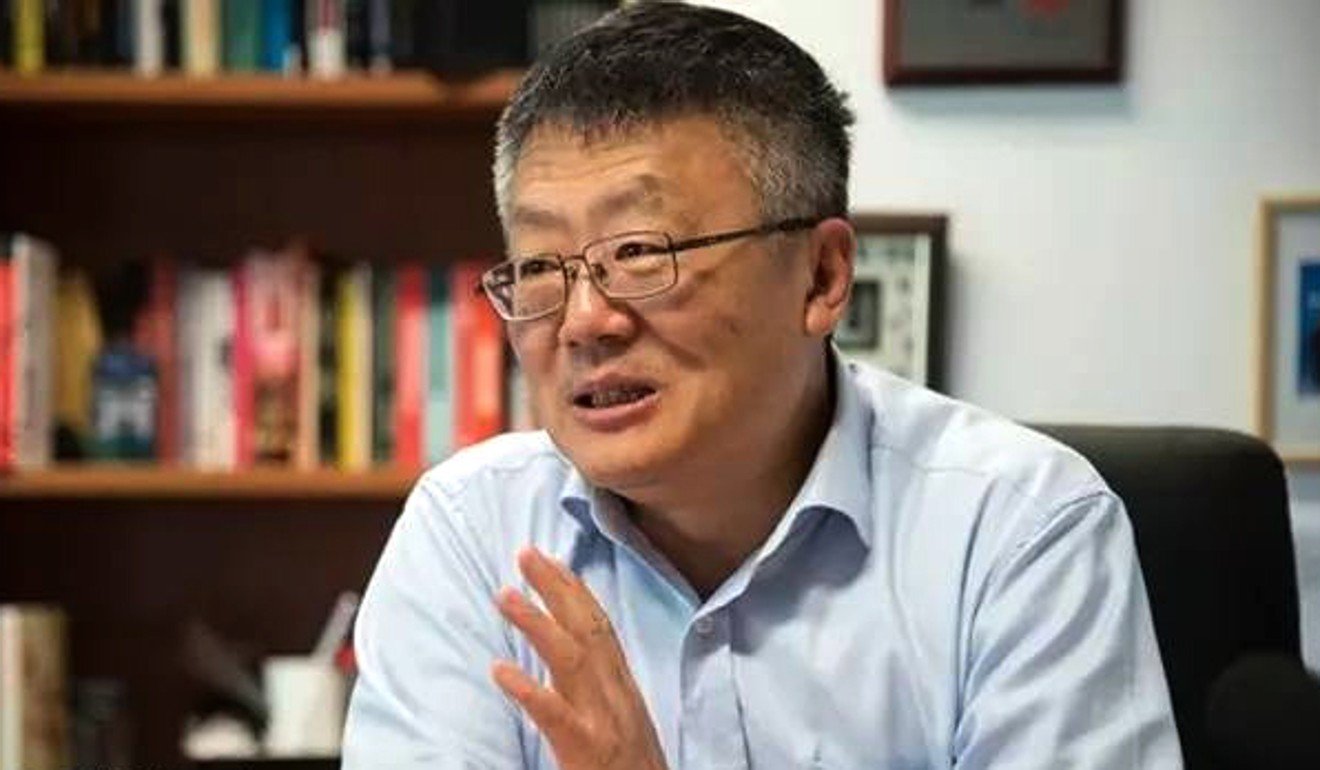
society. Singapore has recently taken action to address the risk of hostile information campaigns on social media and, last month, the Protection from Online Falsehoods and Manipulation Act .
A new law to counter hostile influence campaigns is also in the works.
The public process to enact the laws involves political speeches, parliamentary hearings, public comment and extensive media messaging, which serve the critical function of raising public awareness.
If pushback against China results in countries pursuing interest-based bilateral relations, rather than economic opportunities at the expense of their values, the result will be more stable, sustainable and productive international relations with China.
China’s global influence campaign could ultimately have a positive effect if it forces countries to recalibrate, and focus on themselves and what they value most, leading them to more actively resist coercion and assert their interests in engagements with China.
Drew Thompson is a former US Defence Department official responsible for managing bilateral relations with China, Taiwan and Mongolia. He is a visiting senior research fellow at the Lee Kuan Yew School of Public Policy, National University of Singapore.
- Previous Donald Trump likely to keep squeezing China before 2020 election, US experts say
- Next Sigar: US funds to Afghanistan over $132 bn. since 2002. $8.9bn for drugs




